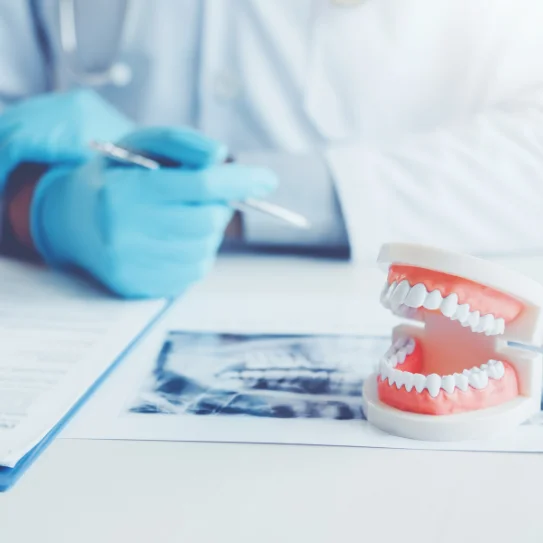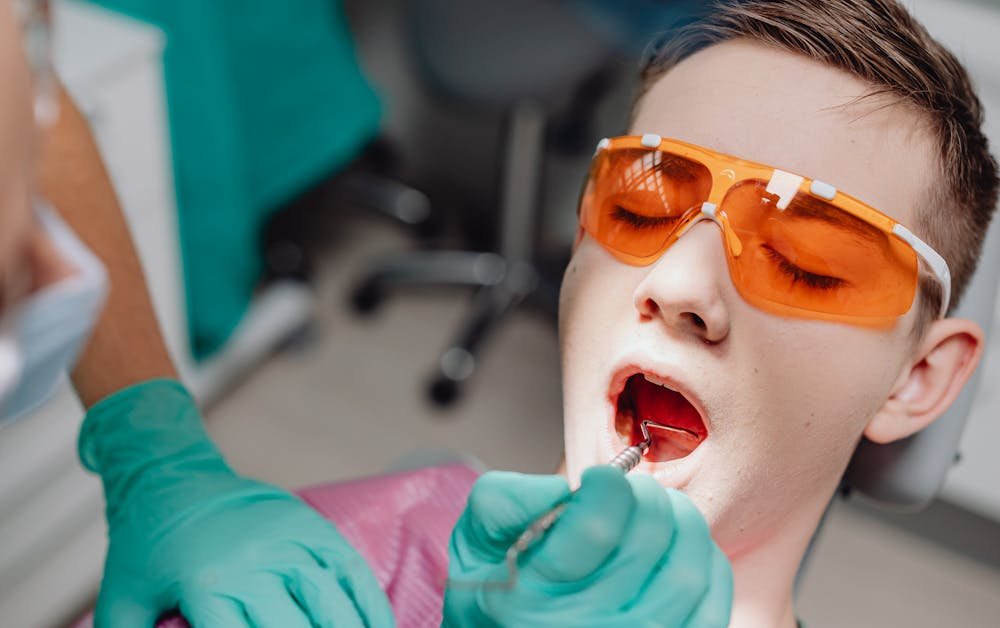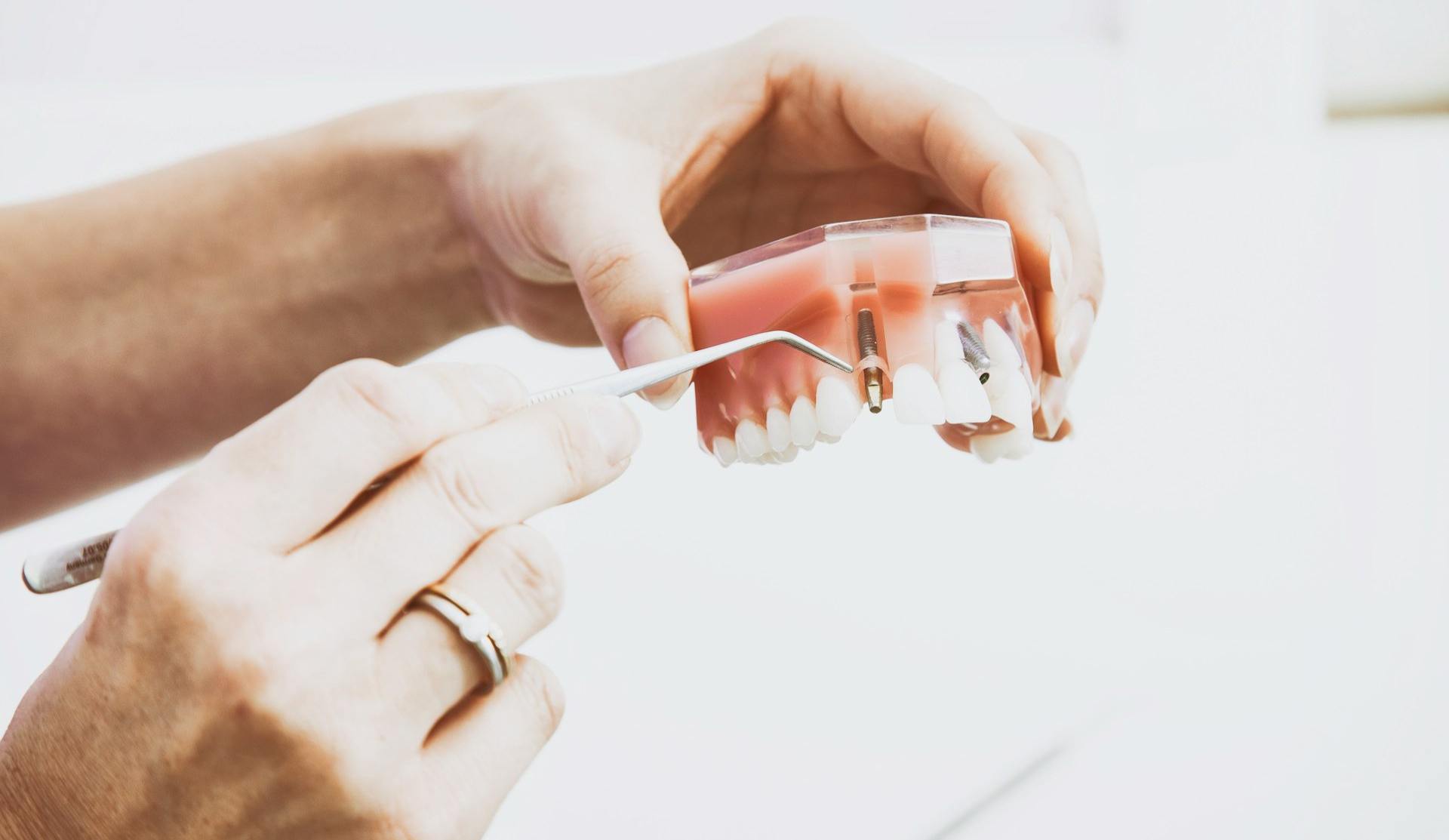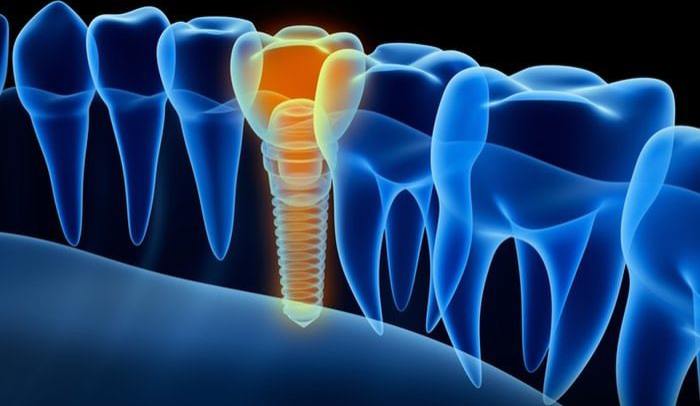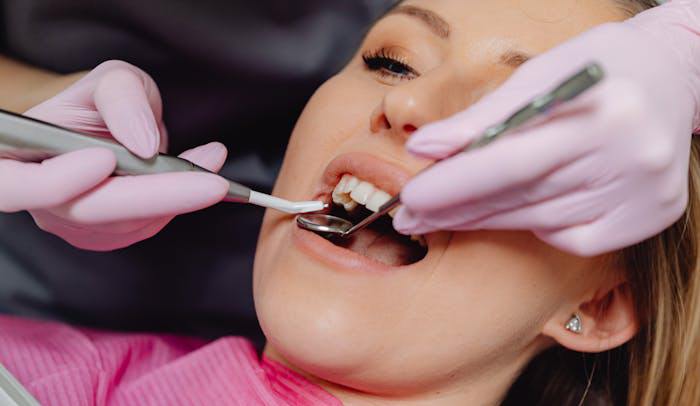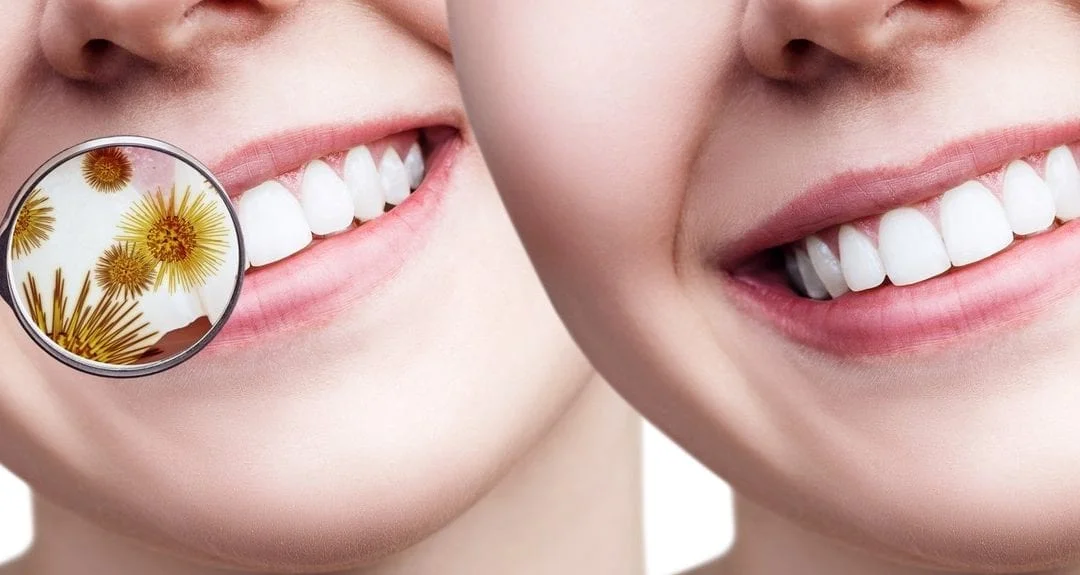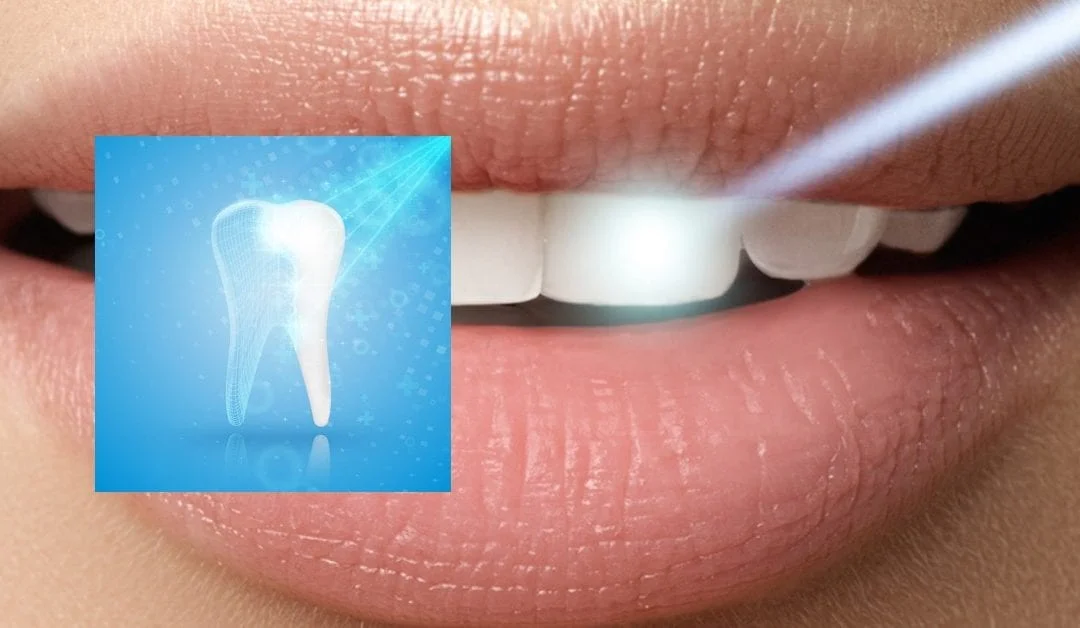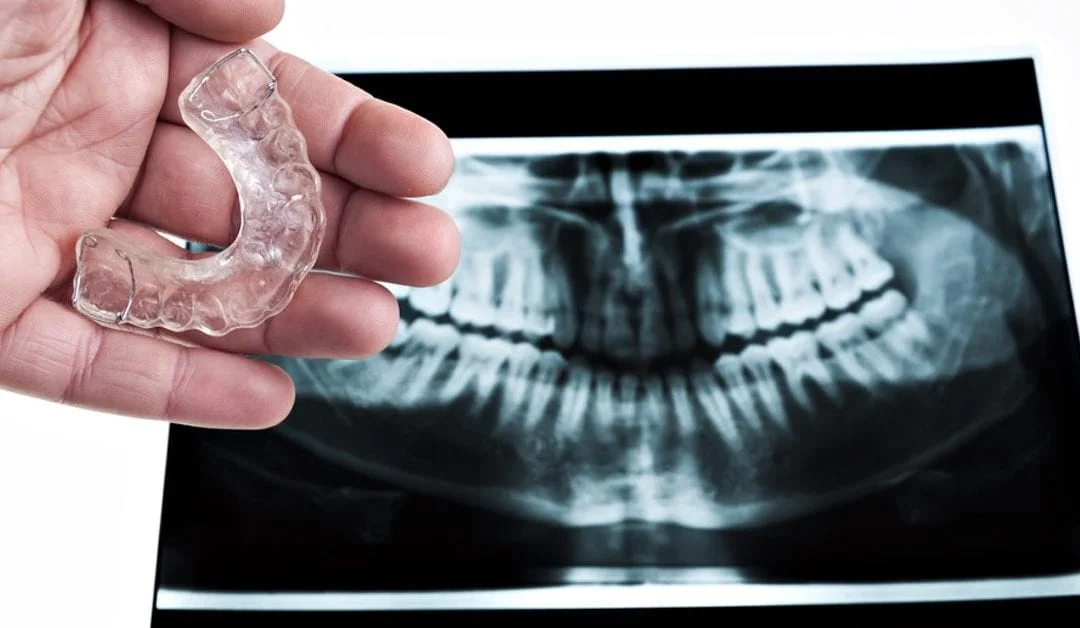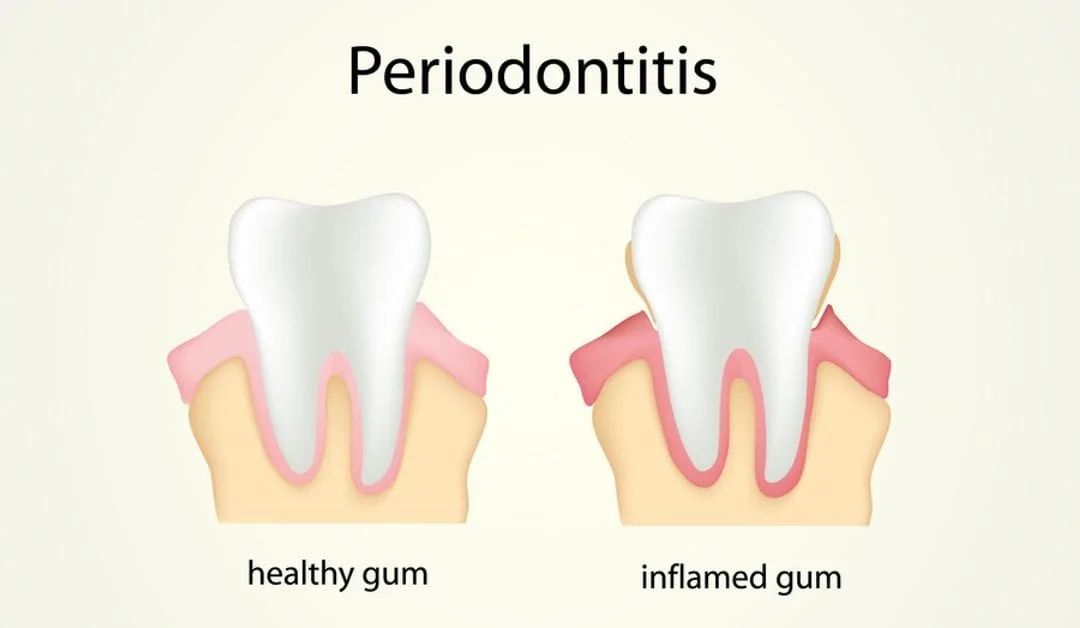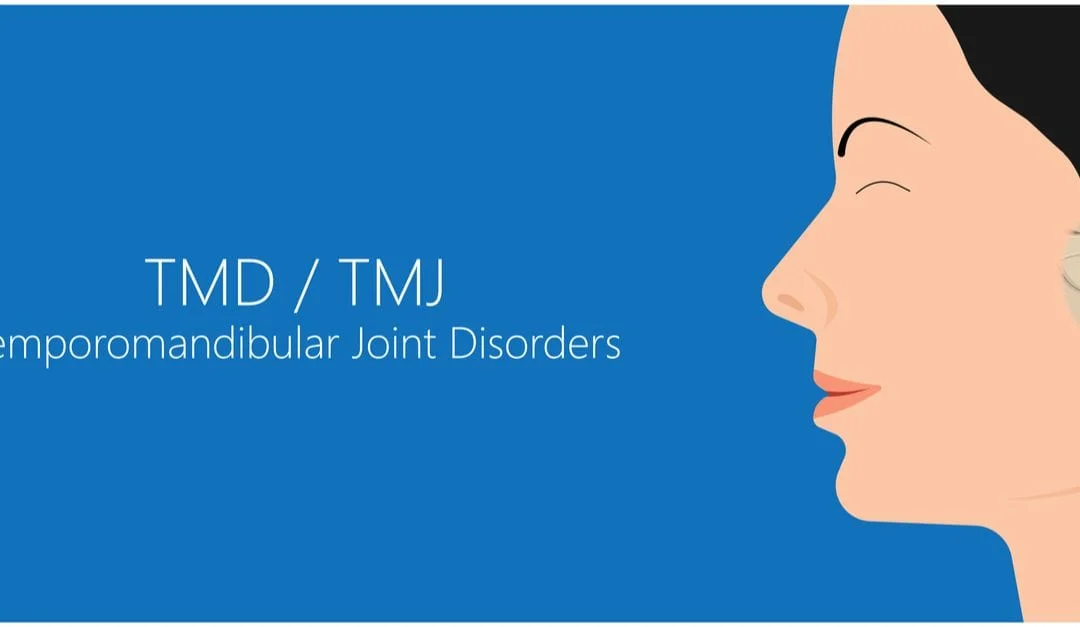
Table of Contents

Temporomandibular Joint Disorder (TMJ)
Temporomandibular joint (TMJ) pain is a common source of chronic pain for people of all ages. The mandible, which is another name for jawbone, hinges with the temporal bone of your skull in front of and just below your ear. You have two hinges, one on both sides of your face. In normal circumstances, a cartilage disc separates the mandible and temporal bones. This prevents the bone surfaces from wearing down and acts as a shock absorber for the surrounding joints.
How Does TMJ Disorder Develop?
People open and close their mouths thousands of times each day to speak, eat, yawn, and breathe. Over time, these actions can cause wear and deterioration of the cartilage disc as well as changes in the mandible and temporal bones, leading to extreme jaw pain. The disorder is especially common among adults with a clenching or tooth grinding habit known as bruxism. When the pain lasts for a long time without subsiding, your dentist is likely to diagnose you with TMJ disorder.
Common Symptoms of TMJ
You may have TMJ if you regularly experience at least a few of these symptoms:
- You hear clicking or popping noises when you open and close your mouth
- Frequent neck pain
- Unexplained dizziness
- Uneven movements of your jaw
- Ringing in the ears, also known as tinnitus
- Stiffness or pain in the back of your head
- You are unable to open your mouth as wide as you used to
- Headaches upon waking in the morning
Dealing with these symptoms every day can make you feel miserable and cause you to have a poor quality of life. The sooner you undergo an evaluation, the sooner you can start to experience relief from the symptoms of TMJ.
Reducing the Pain Associated with TMJ
When you visit your dentist, he or she will complete a thorough examination to determine the cause of your pain. Next, your dentist will create a management plan that considers the severity of your TMJ as well as how long you have experienced it. Your pain relief protocol will most likely be multidisciplinary involving a combination of treatments. Splint therapy, medications, muscle relaxants, tooth shape adjustments, and dental rehabilitation are just some of the strategies you can use to reduce the pain. It’s only when these methods don’t work that dentists will recommend more invasive intervention such as jaw surgery.
Visit Your Dentist
The dentists and staff at Maiden Lane Dental Associates are ready to help you. We look forward to your call! We are located in the Financial District of Manhattan, NYC. Our patients come from the tri-state areas of NY, NJ Staten Island, Queens, Brooklyn and beyond. Feel free to contact Maiden Lane Dental to schedule your appointment today.
Our Service
-
 Dental Service
Dental Service
-
 General Dentistry
General Dentistry
-
 Cosmetic Dentistry
Cosmetic Dentistry
Comprehensive dental care ensuring healthy, radiant smiles for individuals and families in NYC.
Routine check-ups, cleanings, and preventive care to maintain your oral health effortlessly.
Enhancing your smile with advanced cosmetic procedures for a confident, beautiful appearance.

